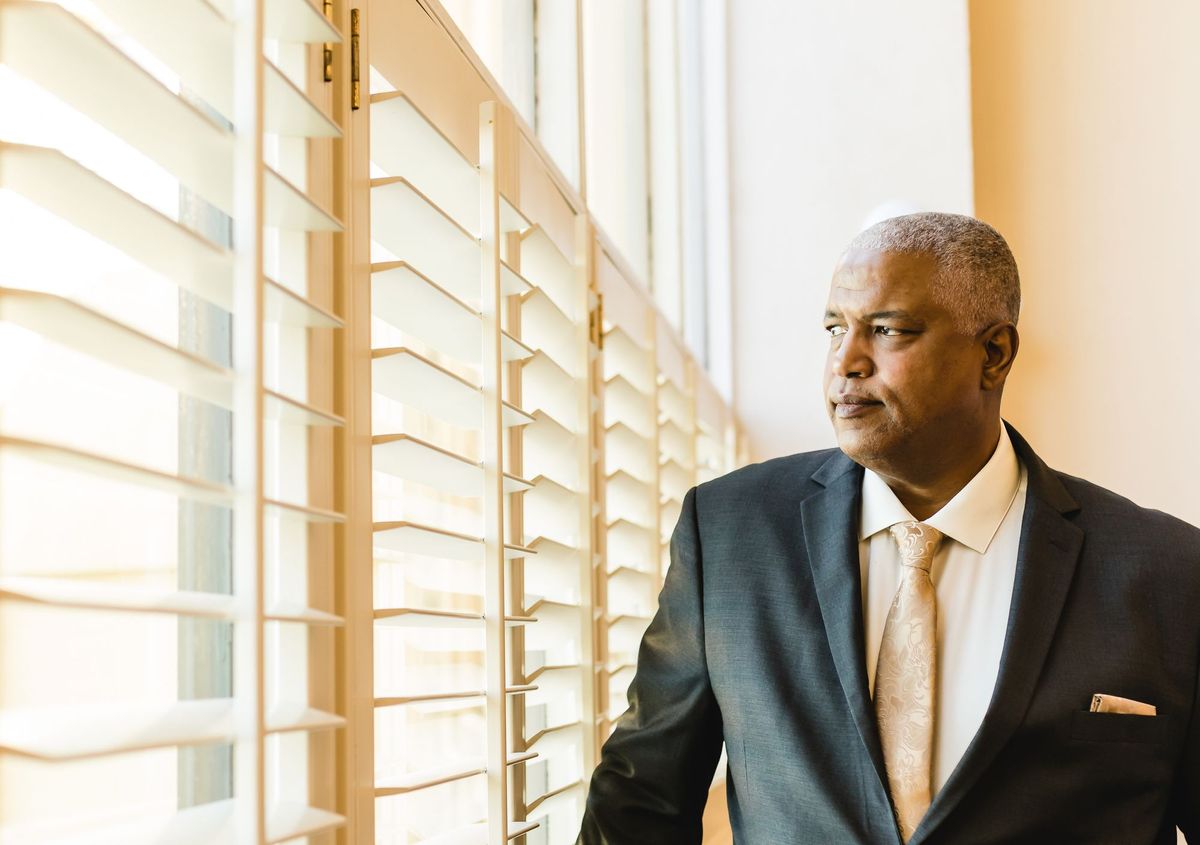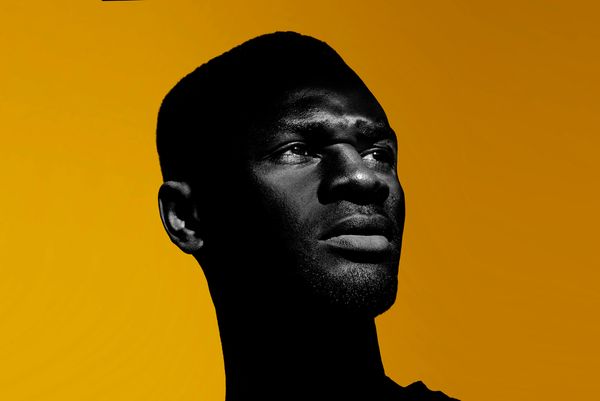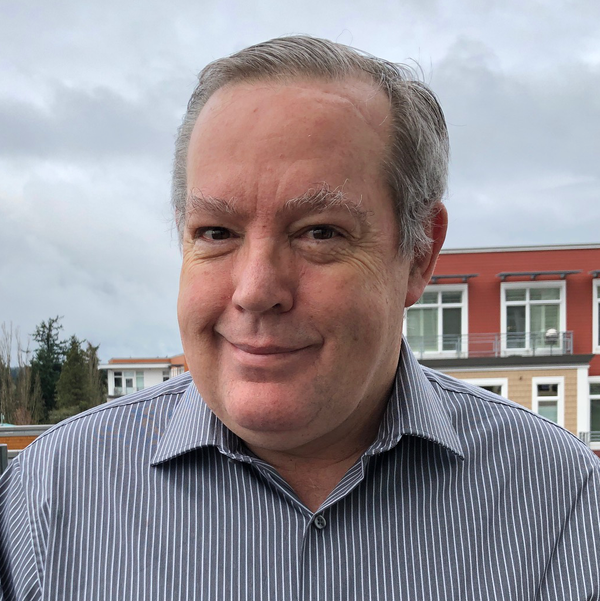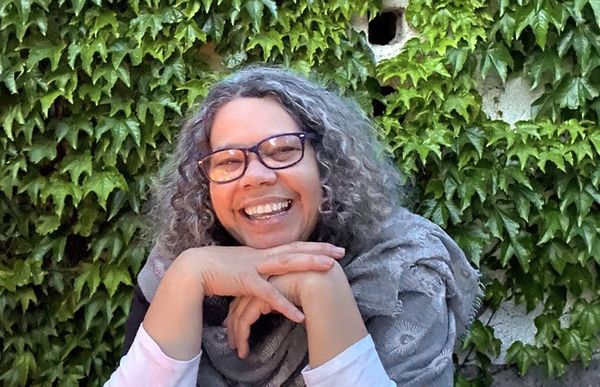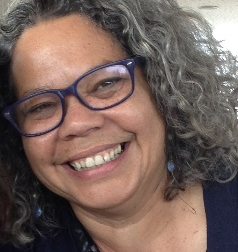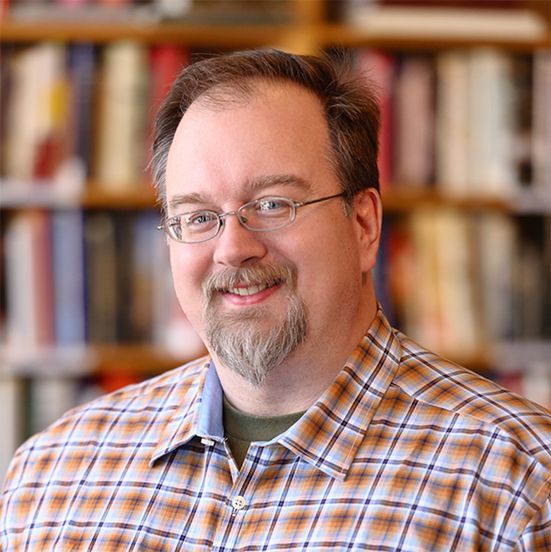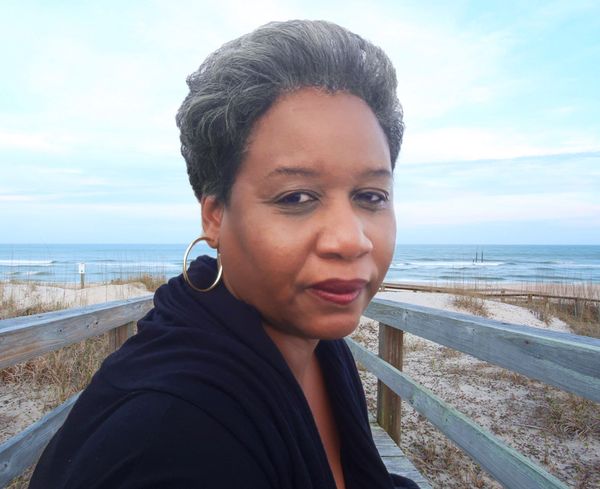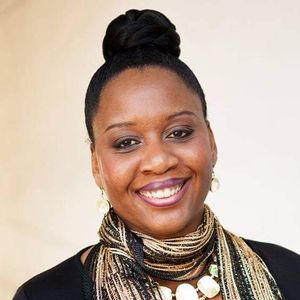Letter from the Editor: Not All White People

I see a lot of white people tripping all over themselves with this whole allyship thing as some do-or-die Squid Game ordeal. And their response to the call to serve in that capacity range from Nope, with a side of revulsion to a dubious Stand back, I got this! to a panicked What do I do? What do I do? What I do? Rare is the response I’m here. How can I help?
By the same token, a lot of Black, Indigenous, and People of Color are skeptical of white people’s sincerity and willingness to play the long game when it comes to allyship. And this is with just cause as white folks, in general, have a demonstrated short attention span for that which does not directly benefit them.
(Stay with me now. Lower the hackles. If you have a history of supporting People of Color, I was not addressing you. The preceding paragraph is about the reasons Black folks raise an eyebrow when the enthusiasm to “help” is disproportionately high. We’ve seen that movie. Too many times.)
In its highest form, allyship and anti-racism mean “love one another.” Think about it. The motivation to act on behalf of those you love comes from a-whole-nother place than how you would react out of a sense of obligation or under compulsion. In its simplest form, allyship and anti-racism ask that one “be the best human you can” at any given moment. More often than not, that involves putting the needs of someone else before your own when leveraging your advantages on their behalf.
In August, I found myself burned all the way out from three years of running an online publication, starting a nonprofit, and heading several other projects without taking time to recharge. No, I didn’t do it single-handedly. There were people who helped make it all possible, but when you’re starting a nonprofit from the ground up, there’s a heavy reliance on the kindness of strangers and friends alike. The point is I had reached the end of my rope.
An Our Human Family’s board member suggested that I take a break and shut the OHF Weekly down and regroup. In a phone call, another Board member stripped away all pretense and suggested, “Don’t shut down the Weekly. You don’t want to do that. Why don’t you ask the editors if they’ll cover for you?”
My face practically melted off into my lap.
“As a fellow ACOA, I know it’s not easy for you to ask for help,” he continued.
I looked around my office for any hidden cameras. “How am I supposed to ask them for help?” I was incredulous.
“You explain what’s going. Tell them you need help and ask them to cover for you while you take some time off.”
“What if they say ‘no’?”
“What if they say ‘yes.’”
Suddenly, the idea sounded kinda-maybe-sorta possible. I called Stephen and Sherry up straightway before my fears got the best of me and followed the Board member’s script. Despite having family and work commitments and who knows what other demands on their time, they each said “yes,” and we made arrangements for my staycation sabbatical.
I won’t lie. In the beginning, I was afraid they were going to ghost or bail on me. Understand that statement’s more about me than them. Well-intentioned commitments from friends I’ve known longer have evaporated more times than I care to recall, so I had reason to be skeptical. But that was not the case with Stephen and Sherry. They both leveraged their time and talents on my behalf and that of the publication. And they did an excellent job.
And this allowed me to see their talents from a different point of view, that of a consumer/reader.
The take-aways are many. I’m not going to be so bold as to say Stephen and Sherry “lurve” me, but I will say they walked their allyship talk by devoting considerably more of their time and energy on my behalf and the publication’s mission. The Board member went out on a limb and told me what I needed to do—straight, no chaser. It takes brass balls to tell someone who’s in distress what they need to do. That takes confidence and trust that your words will be received as intended. And no, they don’t toot their own horns, nor do they have a social justice checklist or ally medal case. My guess is, if you were to ask them, they would deny that their decisions were motivated by “allyship” per se, but were more rooted in doing the right thing at that moment.
So . . . white folks, you too can perform similar acts of respect and care in service to Black, Indigenous, and People of Color. The opportunities are out there. Everywhere. Waiting for you. The decision to act is all yours, but it has to be organic, it has to come from the heart. And my brothers and sisters of color, despite past experiences, know that there are a few white people out there with an anti-racist mindset who are willing to serve.
Love one another.
Clay Rivers
Our Human Family, Founder and Editor-in-Chief
The William Spivey Interview
This week’s ”OHF Family Tree" interview: Fresh from recent nuptials, jack of many trades and master of the pen William Spivey sat down with the OHF Weekly editors to share his thoughts on the best $200 he earned, partisan politics, and his future writing endeavors.
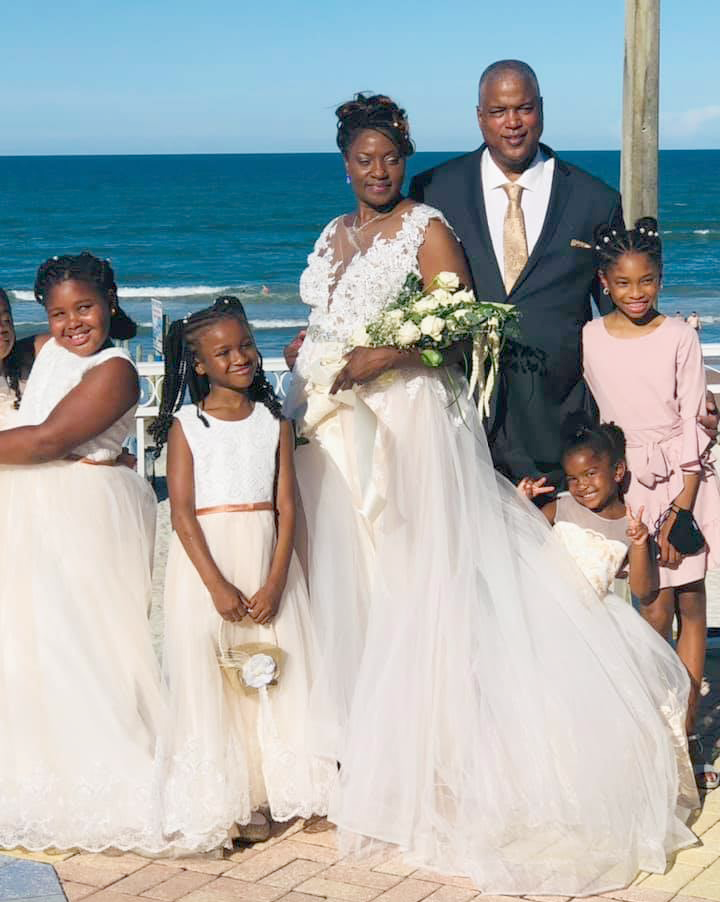
OHF Weekly William, congratulations on your recent wedding, and thanks for making time for us. In four sentences, how would you tell us you’re on Team Racial Equity without saying you’re on Team Racial Equity?
Spivey Thank you and thanks for having me. Limiting me to four sentences will have no effect on me—I’m the king of run-on sentences, so I can still say all that I need to say. I never thought of myself as being part of a team though I recognize the thousands out there with marginally aligned goals and purpose. I try to support others whenever possible and appreciate that which I receive, Now my mind is racing as to how much more effective we could be if all of us could come together instead of operating as so many different factions.
OHF Weekly What was the moment you decided to write and publish your works for the world to read?
Spivey I had an idea I could write when I won a university-wide essay contest at Fisk University on “The Value of a Liberal Arts Education.” My primary interest was the $200 cash prize; an English professor I respected was prouder of me than I was of myself. I identified more as a basketball player than an intellectual. In October 2019, the team and I were inducted for our 1973-74 season in which we finished 26-4, beating the much larger Tennessee State and James Madison in the NCAA Division II tournament.
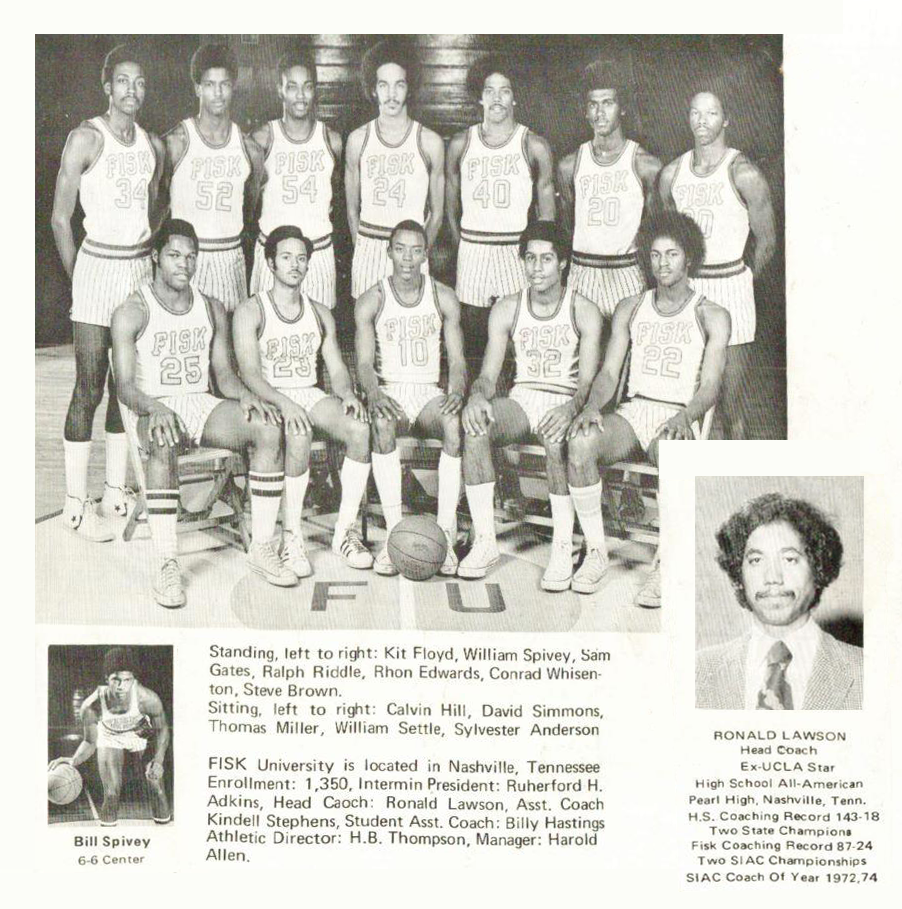
It was a quarter-century later when I began writing for the world, beginning with long Facebook posts about whatever was on my mind. I’d always been interested in politics and racial issues so those were frequent topics. A classmate soon suggested I start a blog and other friends helped me hone my craft and suggested other venues. My goal is to publish a couple of fiction manuscripts I’ve completed which sneak in a ton of little-known history.
OHF Weekly In your opinion, what’s the biggest obstacle to people changing their race-based thinking and actions for a more equitable worldview?
Spivey I think people are incredibly close-minded to the point where they refuse to listen to each other. Political stances require that one must take stances the polar opposite of the view of the other side. It’s why there are requirements in Texas to teach both sides of issues such as enslavement and the holocaust and the opposition to Critical Race Theory. This isn’t just an American issue; it’s found in many parts of the world. I believe the biggest obstacle to change is the powerful forces pushing misinformation to achieve their own economic goals with no regard to how it destabilizes the nation/world. If races were united, they would soon eliminate the economic disparity that exists so they must be kept apart to maintain the status quo.
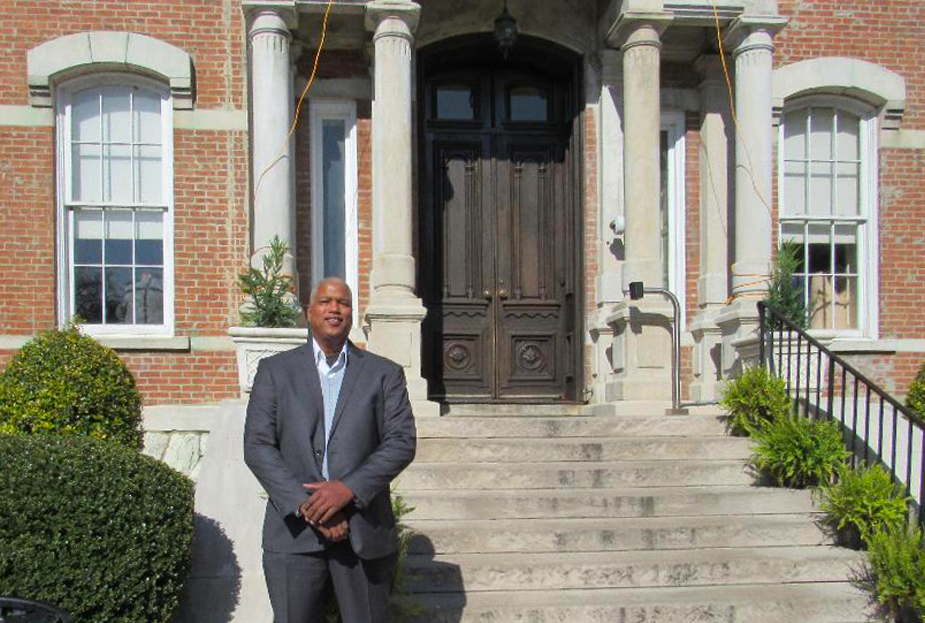
OHF Weekly To write about racism, racial inequity, oppression, and the like, writers have to dig deep into a disconcerting reality, and sometimes that involves self-examination. What’s been your most revealing article and why?
Spivey Because I write about history, I do a lot of research into my stories and sometimes surprise myself. When I wrote “The Creation of the Middle-Class and How Black People Got Purposefully Left Behind,” I had no idea of the extent of economic discrimination perpetrated by the US Government. I knew that Black veterans couldn’t get VA loans and participate in that program that helped grow the middle class. I had no idea that economic discrimination extended to FHA loans and that the government basically invented steering and redlining which weren’t done away with on paper until 1968.
I also am shocked at the level of forced breeding and rape of enslaved women so they could become a leading export of states such as Virginia and Maryland. The plan to replace the International Slave Trade with an increase in domestic breeding which they called “natural increase” is appalling and stems back to the Constitution in Article One Section Nine: Clause One. My story, “America’s Breeding Farms: What History Books Never Told You,” has gotten almost 600,000 views and shown me the potential reach of my writing.
I can’t not write about the subjects I address. I get thoughts in my head and must put them on paper to get them out of my system.
OHF Weekly What is the one thing, one principle, you’d like for your readers to take with them from your body of work on racial equity and why?
Spivey I would like my readers to understand the level and reasons behind racial inequity to the point where they refuse to accept the blame from those who imposed it. Then we must find a way to turn the corner from not only understanding what happened and looking for ways to make necessary changes to eradicate inequality. I’m not specifically talking about reparations though they should play a role. Voter suppression laws, teaching American exceptionalism and all that comes with it, income disparity, and a racist immigration policy; these all need to be addressed. We cannot have a system fostering equality when current laws and policies make that impossible.
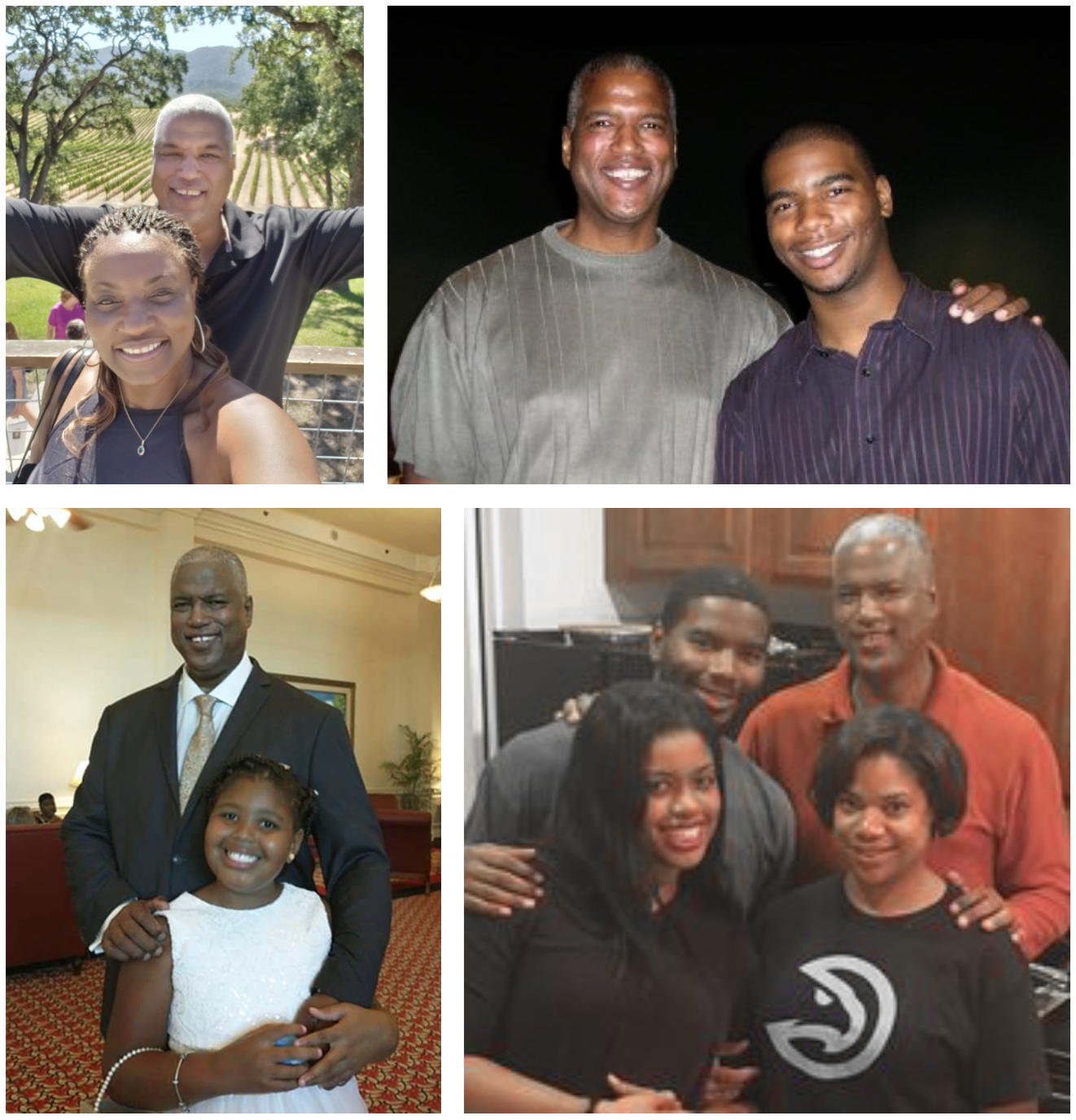
OHF Weekly With all that’s going on in the world, why do you still write about racial equity, allyship, and inclusion?
Spivey I can’t not write about the subjects I address. I get thoughts in my head and must put them on paper to get them out of my system. I get triggered by current events, suggestions from readers, topics suggested by publications. Through my research, I increase my knowledge and am better able to connect the dots as to why things are. Of the three categories mentioned, racial equity, allyship, and inclusion, I’m probably weakest on allyship. I realize how necessary allyship is, but I find most allies “flip-flopping” in their commitment depending on their needs. Working with some of your editors and getting to know them has given me more hope.
OHF Weekly William, thanks for your time today.
Spivey My pleasure.
The Spivey Canon
Want to read more works by OHF Weekly writer William Spivey? We’ve got you covered. Here are three of our favorite articles.
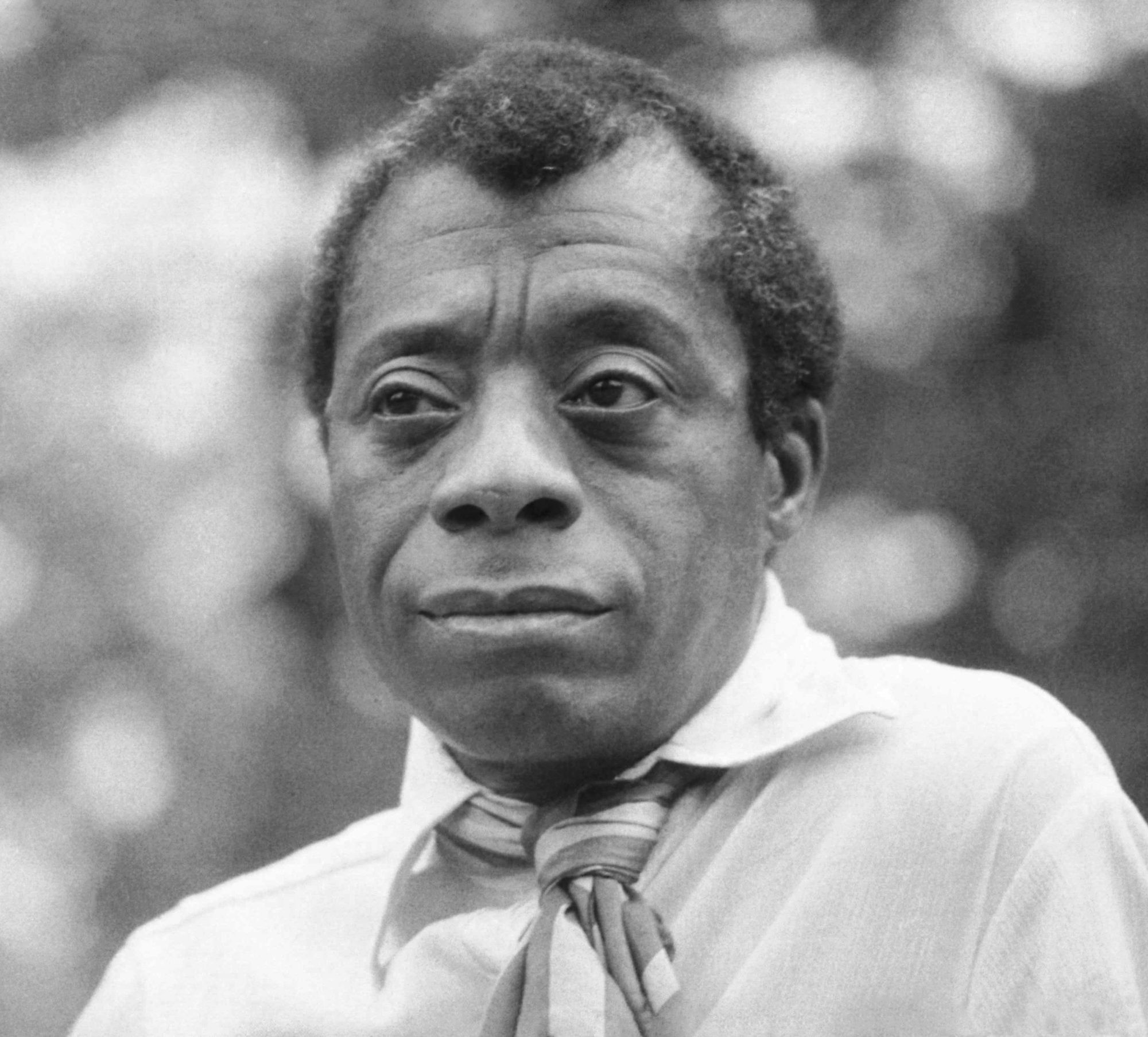
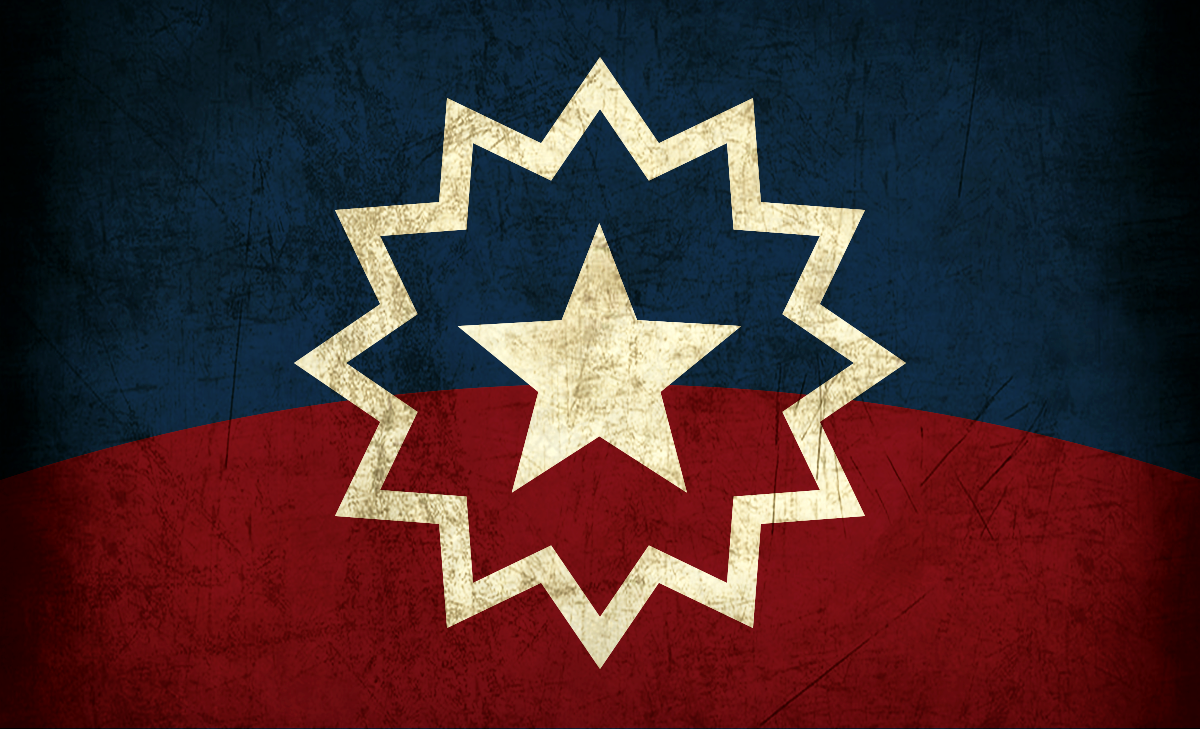

Want even more William? We can do that, too. Enjoy!
New This Week

In Case You Missed It
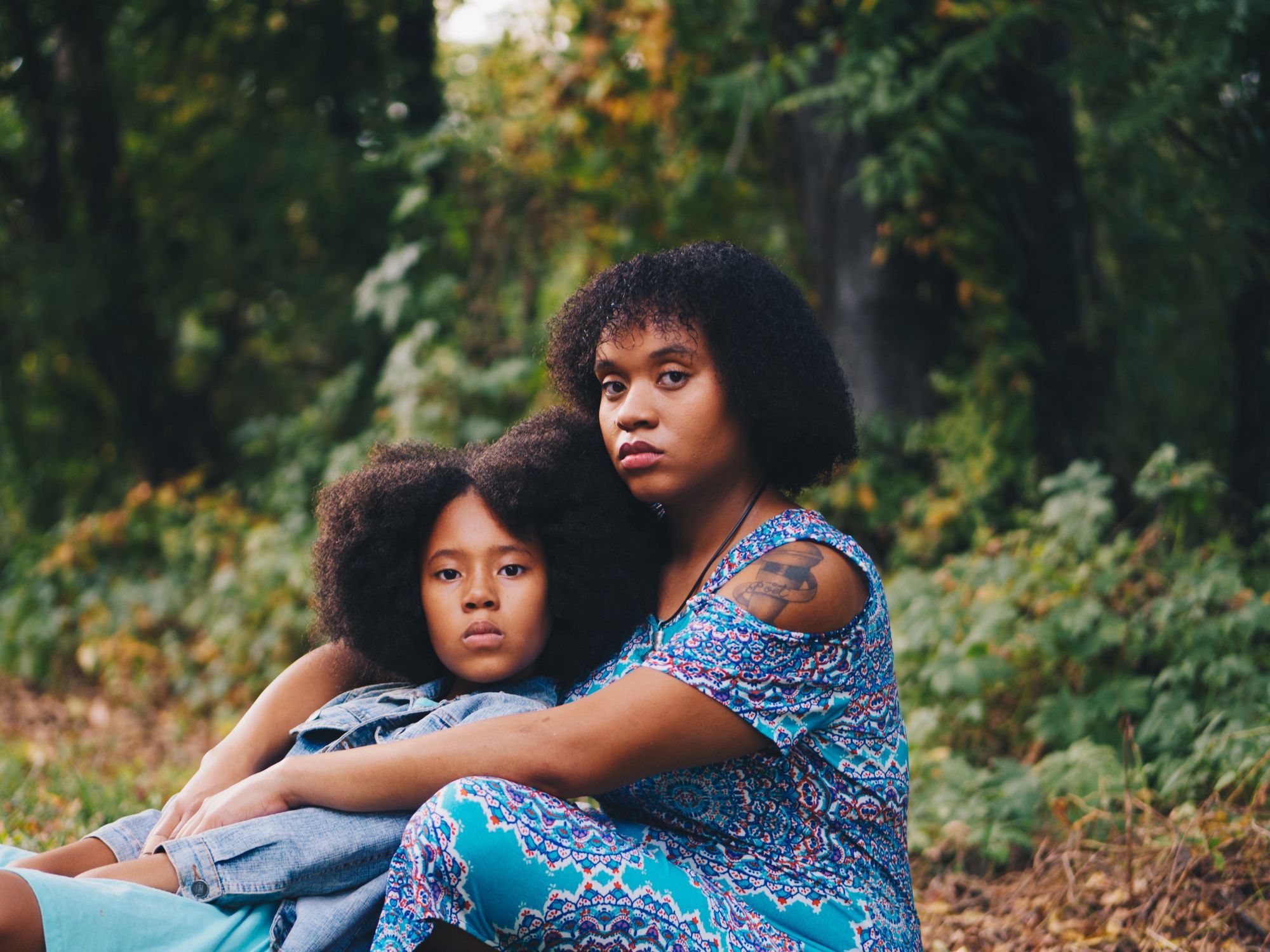
Sign up for OHF Weekly

Sign up for free email delivery of OHF Weekly and articles. In the new series “OHF Family Tree,” OHF Weekly presents profiles on the writers and articles that have established us as a valuable and accessible resource for people interested in making racial equity, allyship, and inclusion a reality. And the best part—there’s no paywall. Don’t miss out. Sign up now!
Please Give

Please give. OHF Weekly articles reach hundreds of people each week. Our writing on racial equity, diversity, inclusion, and equality seek to change the world we live in by helping us see ourselves in one another. But we can only continue this work through donations from people like you who dispel the lie of “race” and embrace the truth Maya Angelou boldly stated, we are more alike, my friends, than we are unalike.
Whether you choose individual giving, planned giving, or corporate sponsorship, your tax-deductible donations of any size will sustain our mission to publish digital and print publications, create workshops and panel discussion groups, target key educational programs for sponsorship, host guest speaker events, and much more.
Please support the critical work and word of Our Human Family and OHF Weekly at the forefront of the national conversation on racial equity and widespread equality in America by making a donation.
Final Thoughts
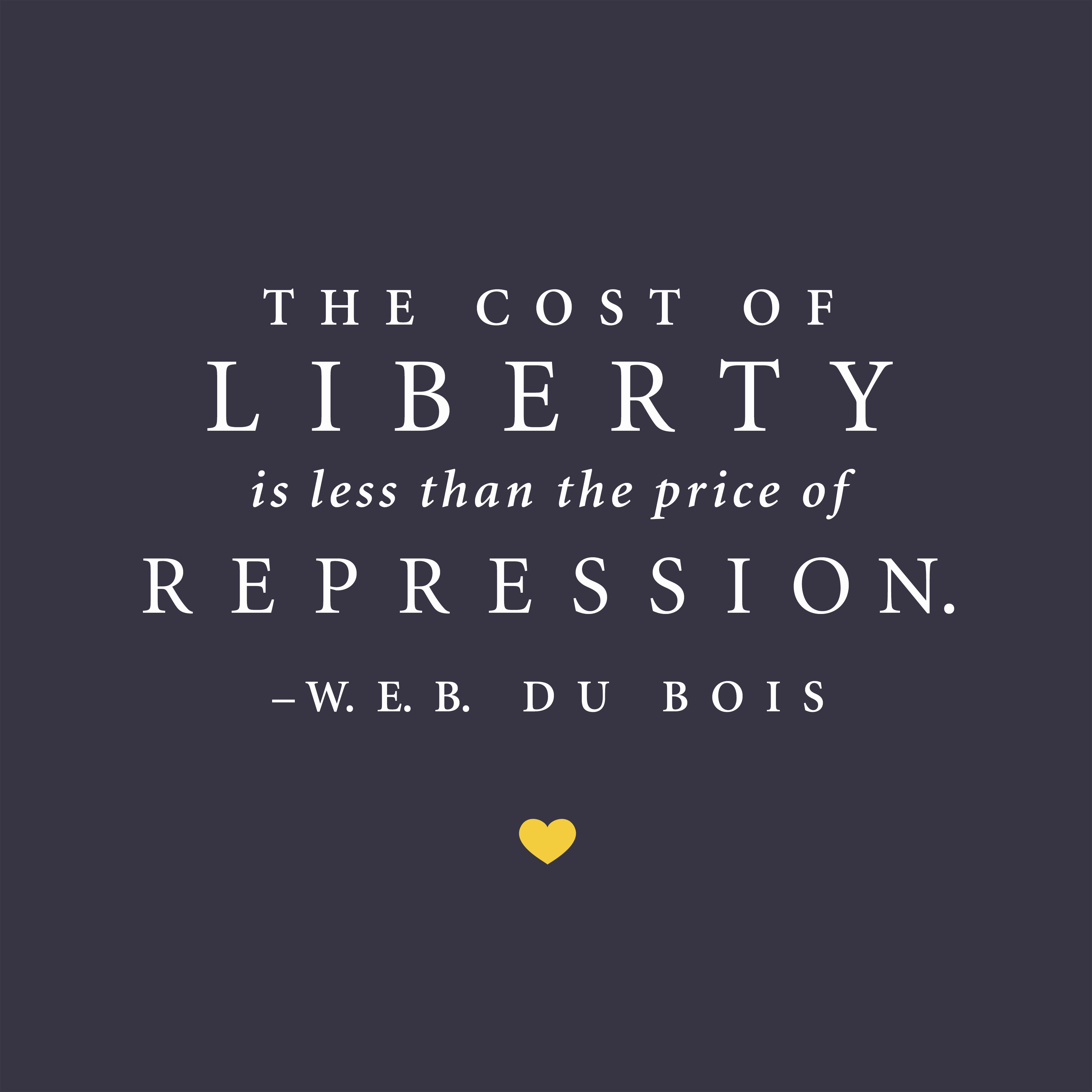
Love one another.
Top photo courtesy of William Spivey.


